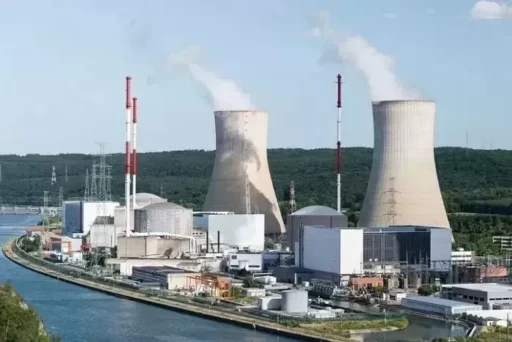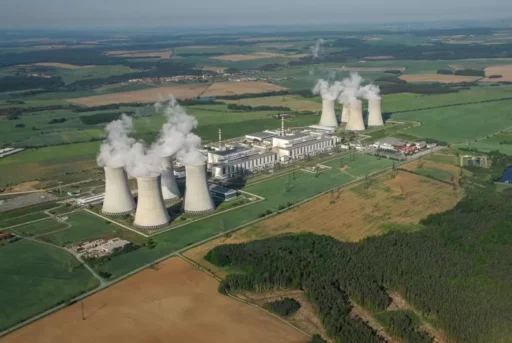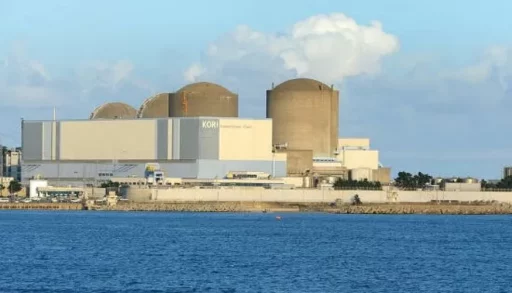"Chains bound for 50 years"… Korea Hydro & Nuclear Power and KEPCO blocked from entering major markets through Westinghouse agreement
According to the agreement reached between Korea Hydro & Nuclear Power and Korea Electric Power Corporation (KEPCO) with the American nuclear company Westinghouse, it has been confirmed that entering the nuclear power markets of major countries in North America, Europe, Japan, the UK, and Ukraine is virtually impossible.
Criticism is growing both inside and outside the industry over what is being described as a "humiliating agreement that restricts nuclear power export competitiveness." There are concerns that reckless and excessive contracts have dealt a severe blow to the future and economy of the Republic of Korea.
Limited potential countries for market entry, 50-year binding 'global agreement'

According to the nuclear power industry, Korea Hydro & Nuclear Power and KEPCO specifically outlined the regions in which they can conduct bidding activities in the 'global agreement' signed with Westinghouse last January. Under this agreement, they are allowed to operate primarily in emerging countries, including Southeast Asia (Philippines, Vietnam), Central Asia (Kazakhstan), South Africa, North Africa (Morocco, Egypt), South America (Brazil, Argentina), Jordan, Turkey, United Arab Emirates (UAE), and Saudi Arabia.
On the other hand, key markets such as North America (United States, Canada, Mexico), EU member countries excluding the Czech Republic, the UK, Japan, and Ukraine are specified for exclusive entry by Westinghouse. As a result, Korea Hydro & Nuclear Power may have to withdraw from the advanced markets that are referred to as the 'big hands' in the global nuclear power sector.
Concerns have been raised in the industry that the agreement, which is set to remain in effect for 50 years, may effectively block the export paths for Korean nuclear power for an extended period.
Huge financial burden of guarantee letters
The agreement also includes financial burdens. Korea Hydro & Nuclear Power and KEPCO are set to issue guarantee letters for $400 million (approximately 560 billion KRW) per nuclear reactor to Westinghouse. If they fail to meet the contract deadlines, Westinghouse will be permitted to withdraw necessary funds from this guarantee.

Korea Hydro & Nuclear Power has refrained from confirming the facts, stating, "We cannot verify the facts," but it is evident that since January of this year, Korea Hydro & Nuclear Power and KEPCO have been reducing their activities in Europe and shifting their strategy to focus on emerging markets in the Middle East and Asia.
KEPCO has recently been driving for exports centered around Saudi Arabia and Vietnam, while Korea Hydro & Nuclear Power is exploring entry plans focusing on next-generation reactors such as Small Modular Reactors (SMRs).
Official announcement of withdrawal from Poland, shock in the National Assembly
On the 19th, President Hwang Joo-ho of Korea Hydro & Nuclear Power attended the National Assembly's Industry, Trade, Resources, and Small and Medium-sized Enterprises Committee and officially confirmed the withdrawal from the Polish nuclear project. He explained, "We have withdrawn as the new Polish government decided to halt the existing state-owned enterprise projects."
The National Assembly is taking this situation seriously. Both the ruling and opposition parties are raising the level of criticism, stating that "the Korean nuclear power, which has global competitiveness, is being subordinated to American companies." As it has been reported that the agreement will remain in effect for half a century, concerns are spreading that South Korea has lost not only technological leadership but also leadership in nuclear power exports.

Image source: Materials unrelated to the article / gettyimagesbank, Overview of Dukovany / News1, Reference photo to assist understanding of the article (Korea's first nuclear power plant, Kori 1) / News1


